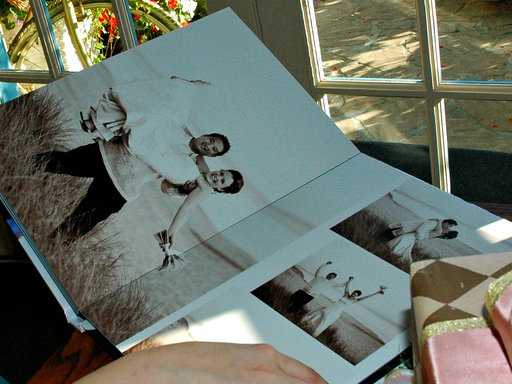Disclaimer: This website provides health information for educational purposes only and is not a substitute for professional medical advice, diagnosis, or treatment. Always seek the guidance of a qualified healthcare provider with any questions you may have.
Many of us aspire to become fitter and healthier. And we are frequently warned against pursuing shortcuts, with good reason. Most of the time, the promises of a particular diet or workout routine fail to live up to the hype and may even have adverse effects that derail our progress.
The few methods that are proven to work often have specific applications. For instance, going to a certified clinic for CoolSculpting treatment is only recommended for individuals close to their ideal body weight. If you’re still trying to shed weight, such procedures are not for you.
Thus, most newcomers on the fitness journey start with a lot of excitement and resolve. But after being told over and over to stick to the tried-and-true methods of eating healthy meals and maintaining regular exercise routines, fatigue can set in. Worse, you might encounter the dreaded plateau.
It sounds unlikely, but you can defy this ‘fitness weariness’ by changing your mentality to be more open and curious about exercise.
Always a beginner
It’s common knowledge among fitness enthusiasts that novice training programs yield linear results in terms of improvement, but only up to a point. After that, diminishing returns kick in.
The first time you start running or lifting weights, for example, you might feel awesome after only an hour of exercise. Keep it up for a month, and check the weighing scale, and you’ll see that you really have lost a few pounds.
But the body quickly acclimatizes to stress. And as it gets better at doing things that were once challenging, you end up burning fewer calories in the process. This applies to any form of physical activity, so your returns will inevitably taper off.
Thus, following conventional advice to make exercise a habit will work, but after a while, your progress will plateau. From there, the only way to continue improving is to invest more time and effort. Add more reps, spend more hours training, carefully manage and track your macronutrients.
That sort of progression is unrealistic for most people because we can’t invest that much time and effort. Unlike professional trainers or athletes, or fitness influencers, it’s not our job to stay in shape. We’ll always have the resources of a beginner to invest in this endeavor.
Staying curious

However, in a different sense, being a beginner isn’t a bad thing. And it can prove to be the foundation for your continued progress towards better health. This is based on the brain’s mechanism of learning.
Our minds have a structural property called neuroplasticity, which determines our learning capacity. It peaks in children, who are naturally curious about everything and absorb new knowledge rapidly.
As we age, this quality tends to diminish significantly, but it can be offset or reinvigorated. By exposing ourselves to novel stimuli, we can rewire our brains to open new pathways and become better learners.
If you allow yourself to become more curious about the world, you improve your learning ability. It’s no surprise that the curiosity mindset is deemed critical to being an intentional learner, along with the more famous growth mindset.
But you can also strive towards intentional learning in the way you move your body and apply the curiosity mindset on a physical level.
Dabbling in exercise
This works because scientific research has consistently shown that exercise is linked to neuroplasticity. Working out increases blood flow and oxygen delivery to the brain. It promotes the growth of neuronal connections and creates an antidepressant, ‘feel-good’ high.
Permit your body to explore different forms of exercise. Maybe you’ve reached a plateau when it comes to running and lifting weights. Try swimming, cycling, or dancing instead. Or hike up the local trails if you have the opportunity.
If you’ve tried CrossFit and felt burnt out afterward, maybe practice yoga instead. Or attend a Pilates class. The exercises involved might not strike the casual observer as being ‘hardcore’ enough. But give it a try, and you’ll see how they find different ways to engage your core and activate muscles that are seldom used in conventional workouts.
The great thing about this curiosity-based approach to exercise is that you don’t have to go beyond what you can afford to invest time and energy. You keep things fresh, avoid diminishing returns, and manage to stay sane and stick to your regular schedule.
You may never come close to a professional skill level in any single activity. That’s okay. Even if you’re always a beginner, you can benefit greatly from continuing to dabble in many exercises.




